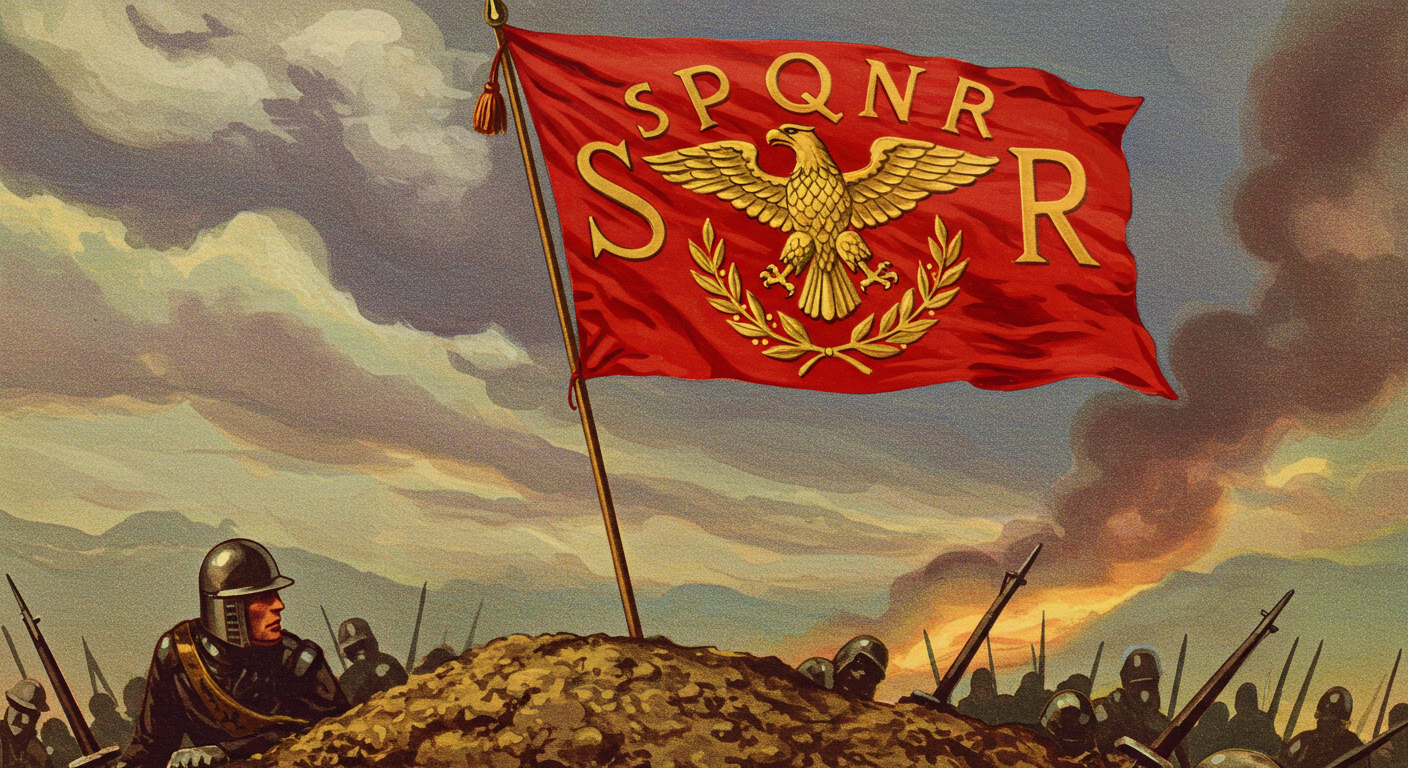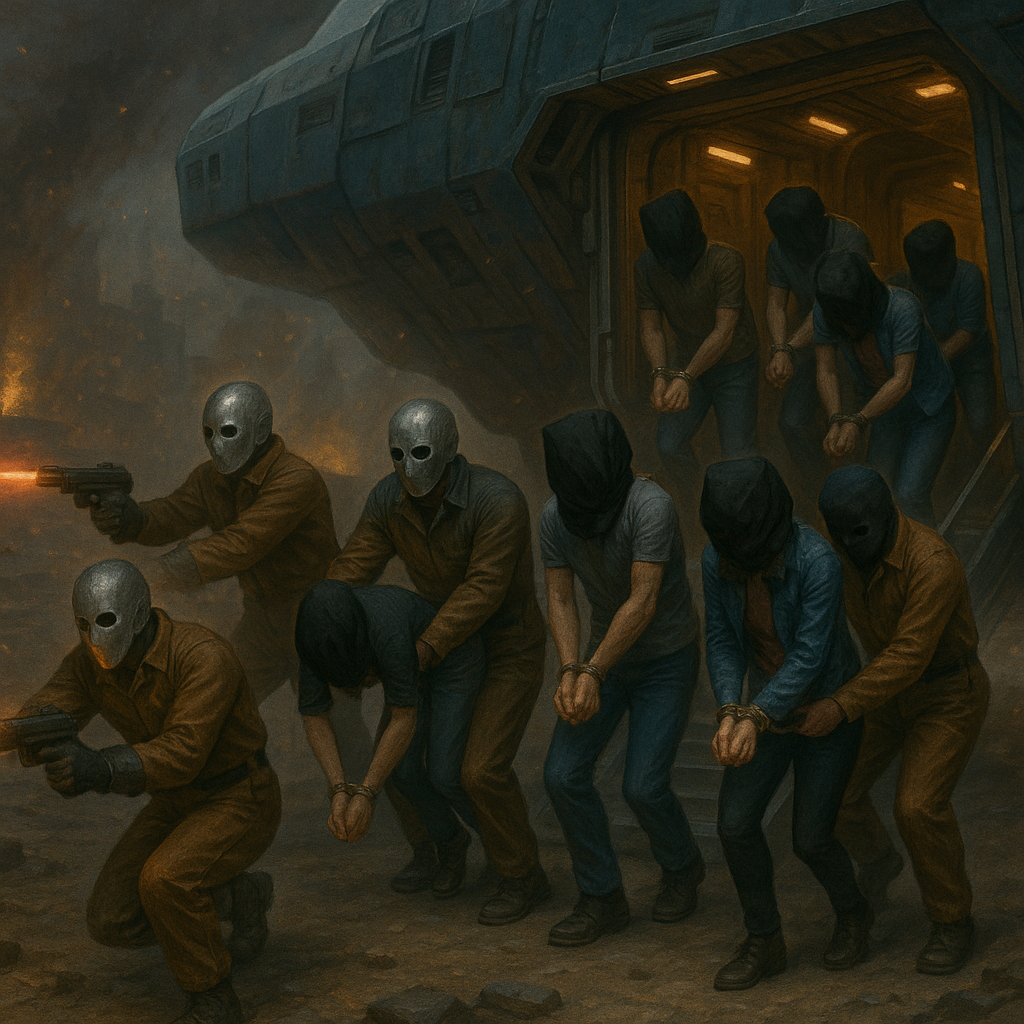Pax Regnum
"Let them play at empire in their hovels. When the time comes, we will raze their sandcastles with the tide of true power. The wolves do not fear the baying of jackals."
Origins of a False Empire
The Pax Regnum Movement emerged from the ideological splintering of a minor noble house within Haus des Drachen’s sphere—House August. Originally adherents of the Nouveau Palatine doctrines, which romanticized the structured hierarchies of Terran antiquity, House August drifted further into an idealized vision of the Roman Empire. But admiration turned to sedition. In Year 439, a failed assassination attempt against the Drachen leadership, orchestrated by August conspirators, revealed the full extent of their ambition: not just revivalism, but usurpation. Intervention by House Helicon agents unraveled the plot, prompting Haus des Drachen to retaliate with a campaign of brutal retribution. House August’s holdings were obliterated with overwhelming force, but many adherents fled, spreading their ideology into the shadows of Human Space.
A False Rome in the Stars
Pax Regnum's strength lies in its seductive mythology. Promising a structured society with clear roles, a patrician class, and benefits for the obedient poor, it appeals simultaneously to the powerful and the desperate. In settlements on the fringes—where order is tenuous and poverty is rampant—the offer of food doles, security, and societal status becomes hard to resist. The movement co-opts local governance through ideological subversion, gradually replacing civic institutions with Latin-titled councils and Senate analogues. AI-curated doctrinal scripts ensure conformity and obedience, while indoctrinated leaders distribute rights and privileges modeled on ancient Rome. Though the settlements remain economically marginal and militarily weak, each becomes a testbed for a pseudo-imperial system—awaiting either purging by Drachen forces or reinforcement from the movement’s secret networks.
Swords and Shadows: Legions and Frumentarii
Pax Regnum's violent enforcement manifests in two distinct arms: the Legions and the Frumentarii. The Legions—romantic in name but makeshift in reality—are volunteer militias outfitted with scavenged armor and improvised weapons, their organization borrowing more from Napoleonic corps structures than true Roman legions. They rarely pose a serious military threat, functioning primarily as internal police or last-ditch defenders of their settlements. In contrast, the Frumentarii are a legacy of ancient Rome’s secret service twisted into something darker. Operating independently or embedded in sleeper cells, these agents orchestrate sabotage, espionage, blackmail, and targeted assassinations. They fund operations through vice networks and human trafficking, undermining both local order and external detection. Where the Legions inspire mockery, the Frumentarii inspire dread—whispers of their presence often precede a station’s ideological collapse.






Comments